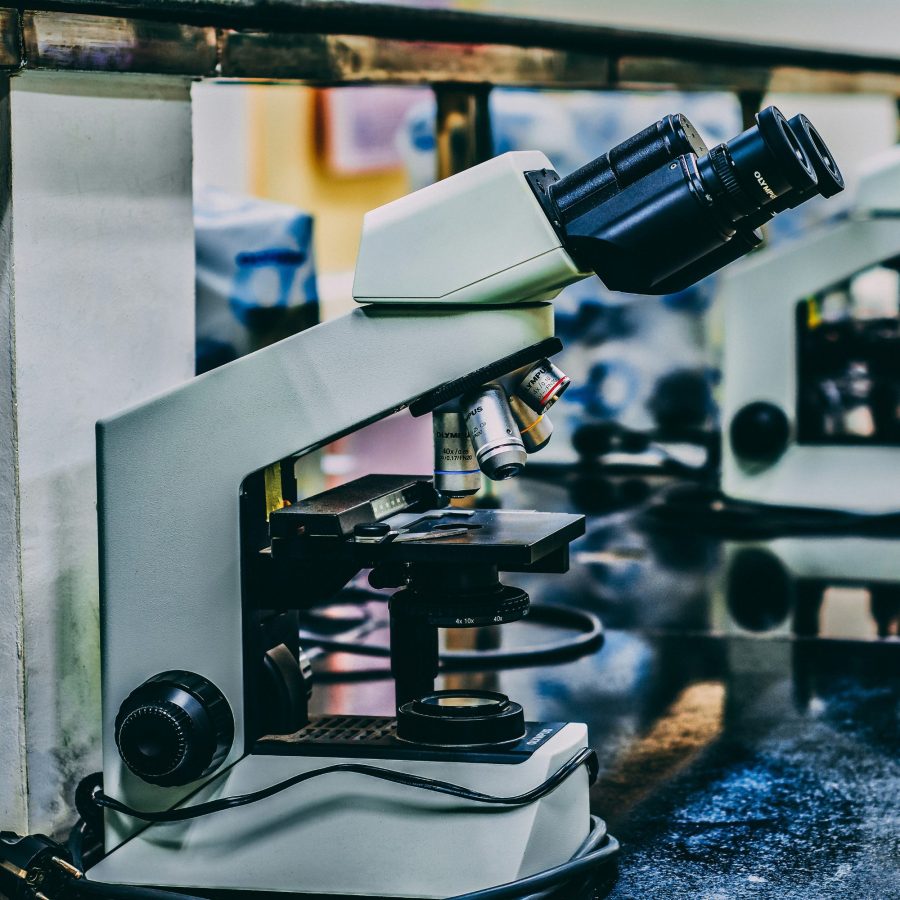Scientific research is the backbone of how we understand the world. It’s always evolving, too. Think back to our first understanding of plant genetics. Gregor Mendel’s research consisted of counting peas. Now, we’ve got a whole lot of DNA sequencing techniques!
Whilst some parts of scientific research are evolving, others never change. Scientific research always follows a system. It’s this system that helps us explore and understand the world around us!

Where Do We Start?
The process starts with a question. This could be anything, such as how do diseases spread? How do galaxies form? Why do chemical reactions happen?
Planning & Hypotheses
Once a question is identified, it’s time to develop a plan. What are the steps needed to get to the answer? This plan often involves the formulation of hypotheses. A hypothesis is an educated guess about the outcomes based on what we already know. We then use these hypotheses to design the experiments and collect the data we need.
Experimentation
The experimentation phase is where the magic happens. Researchers carry out their experiments, making careful observations and gathering data. They want to gather empirical evidence. Empirical evidence is just evidence that we have observed. It’s this evidence that helps us come to our conclusions and make sense of the bigger picture.

Analysis
But how do we analyse data? We need to spend a lot of time scrutinizing patterns, trends, and correlations. Researchers don’t need to do this alone though. Statistical tools and technologies help make sure that results are reliable and meaningful. If the data supports the hypotheses, scientists can begin to form conclusions. If not, it’s back to the drawing board to look at the question again.
Sharing the Results
Last but not least, the findings are shared with the global scientific community. This happens through publications in academic journals, presentations at conferences, and collaborations. This step is super important. It means there’s a chance for an open exchange of information and allows other researchers to question, replicate, and build upon the work. Working together means we can expand our collective understanding.
Scientific research is not confined to laboratories and academia. It spans across lots of disciplines. It influences technological advancements, medical breakthroughs, and environmental conservation efforts. It is a driving force behind progress! It pushes the boundaries of what we know and fuels our hunger to understand the world around us.






